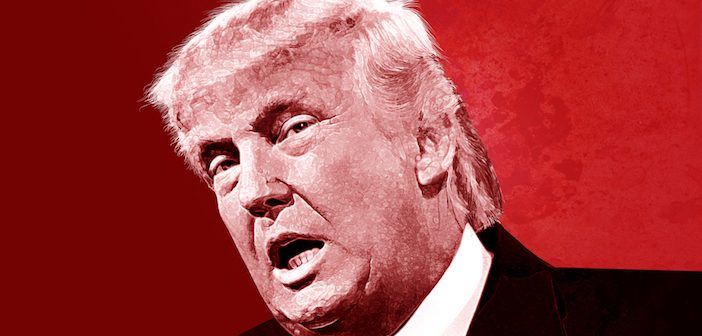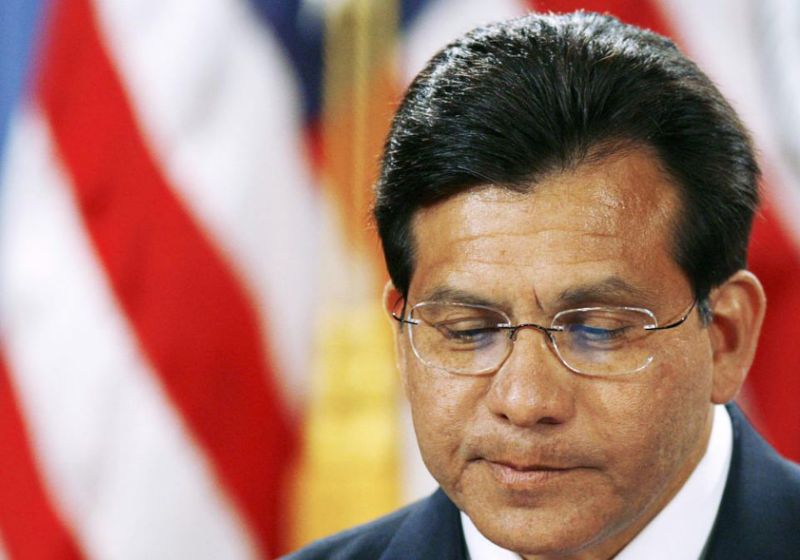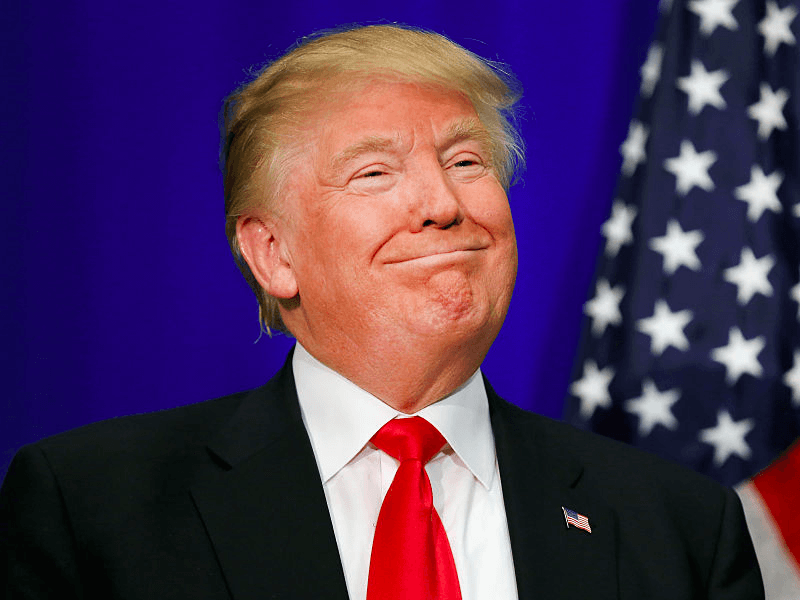In preparation for the administration’s first national budget proposal, President Trump and his White House budget advisors recently compiled a list of possible departments and federally-funded programs to cut. The New York Times got their hands on the “hit list,” which includes oft-threatened agencies like AmeriCorps and the Corporation for Public Broadcasting.
However, one entry on the leaked internal document that is ruffling feathers on the conservative side is the Office of National Drug Control Policy (ONDCP), otherwise known as the office of the Drug Czar. The memo, drafted by the Office of Management and Budget, caught many off guard because of its inclusion of the ONDCP, an office that is traditionally defended by the political right, who control much of Washington at this current state.
There is no context in the memo to give any inclination which way the Office of Management and Budget is leaning in their decision on the ONDCP, but conservative drug policy advocates see the writing on the wall and are lashing out at the possibility of the cost-cutting maneuver. Trump’s administration has made it clear they want to increase defense spending and place a renewed emphasis on infrastructure, and will look to cut programs they deem unnecessary to shake loose additional funding.
It is worth noting that the ONDCP’s website was taken down when President Trump took office in January and replaced with a blank screen. Kent Chester, the acting Director of the ONDCP, sent an email last week claiming that the office was “still working hard on behalf of the American people to address drug use and its consequences.”
The White House has been fairly tight-lipped when it comes to the possibility of the ONDCP shuttering its doors, though a spokesperson stated, “The budget process is a complex one with many moving parts. It would be premature for us to comment – or anyone to report – on any aspect of this ever-changing, internal discussion before the publication of the document. The President and his cabinet are working collaboratively to create a leaner, more efficient government that does more with less of tax payers’ hard-earned dollars.”
Advocates for marijuana reform are mostly in favor of abolishing the ONDCP, but the consequences of such a move could spell more uncertainty for the cannabis community. Without the ONDCP in the picture, who then would oversee drug policy on the federal level? Some are apprehensive to cut the ONDCP for fear that the office’s responsibilities would fall on the shoulders of the Justice Department and agencies like the DEA, while others hold out hope that the research-driven National Institute on Drug Abuse would handle drug policy oversight.
Steve Rolles of the Transform Drug Policy Foundation tweeted that ONDCP “needs reform and principled leadership, not abolition. A national coordinating agency remains key for effective policy and reform.”
Under the Obama administration, the ONDCP had actually made some progress in the sense that they were considering more health and science research in their approach. Rolles added, “Concern is that axing ONDCP signals the end of the limited progress they’ve made recently. It definitely doesn’t mean an end of the drug war.”
While people from both sides of the argument scramble to figure out where they stand on the ONDCP’s future, a large group of opponents to the decision made their voices heard with the help of longtime marijuana opponent Kevin Sabet. The head of Smart Approaches to Marijuana, an anti-legalization lobbying group, Sabet helped craft a letter addressed to the freshly-confirmed Director of the Office of Management and Budget, Mick Mulvaney. The letter was signed by representatives from over 70 medical authorities and drug policy groups. Given a title of “Retain the Office of National Drug Control Policy,” the letter reads in part, “At a time when drugs now kill more people than firearms or car crashes, it is more important than ever for ONDCP to remain a strong voice in the White House and a visible presence nationally.”
It remains to be seen what Trump and his team are planning as far as a governing body for drug policy, but a lunch meeting he had recently may lend an idea. When Trump and noted anti-drug crusader Chris Christie sat down for matching meatloaf, rampant speculation led many to believe the President would tap his one-time political opponent for the Drug Czar seat.
A former White House senior official said, “The office needs a high profile person to make the drug issue important and Chris Christie is that person.”
Kevin Sabet agrees with the former senior official, telling CBS News that the pick “may elevate the issue to the place it deserves.”
Photo courtesy of DonkeyHotey












